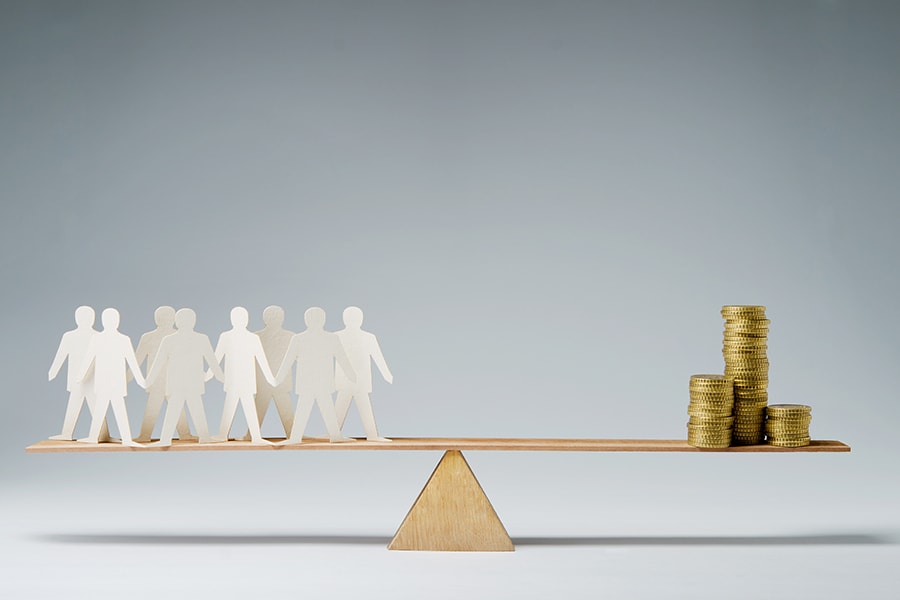
This moment in time: Responsible capitalism
Recent years saw more interest in responsible capitalism than ever before, those promises on stakeholder value are now being put to the test as the Covid-19 pandemic scars economies across the globe
 Research is showing that companies with stronger ESG scores tend to outperform others financially
Research is showing that companies with stronger ESG scores tend to outperform others financially
Image: Shutterstock
In recent years, many companies have been jettisoning the shareholder primacy model and have instead been embracing the stakeholder model of capitalism, in which they seek to create value for all stakeholders, including employees, customers, suppliers and wider society, while delivering financial returns to shareholders. Some firms even put purpose above profits, or at least believe that they are inextricably linked.
Yet while those recent years saw more interest in responsible capitalism than ever before, those promises on stakeholder value are now being put to the test as the Covid-19 pandemic scars economies across the globe. “It’s easy to stand for what you say you stand for when you’re flush with cash and things go your way,” says Associate Professor Bidhan L. Parmar, Darden’s Shannon Smith Emerging Scholar in Business. “But when the chips are down, do you honor your word?”
Parmar sees the current mixture of tensions as the acid test for companies’ commitment to the stakeholder model. Those tensions include matters of health and safety, the stresses that accompany pandemic life, and issues of justice and equality, all of which touch the workforce and the workplace — even a virtual one.
Business and stakeholder reactions
Some businesses have stepped up and taken better care of their employees. Other companies have faced tough choices in cutting costs to shore up the bottom line. Executing those hard decisions with respect and communication can have a massive effect not just on assuaging concerns, but on the future of those companies. “As long as the process is fair and people understand why decisions are made, they are able to tolerate those cuts better,” says Parmar. “If there is no justification given, then stakeholders rebel.”[This article has been reproduced with permission from University Of Virginia's Darden School Of Business. This piece originally appeared on Darden Ideas to Action.]







